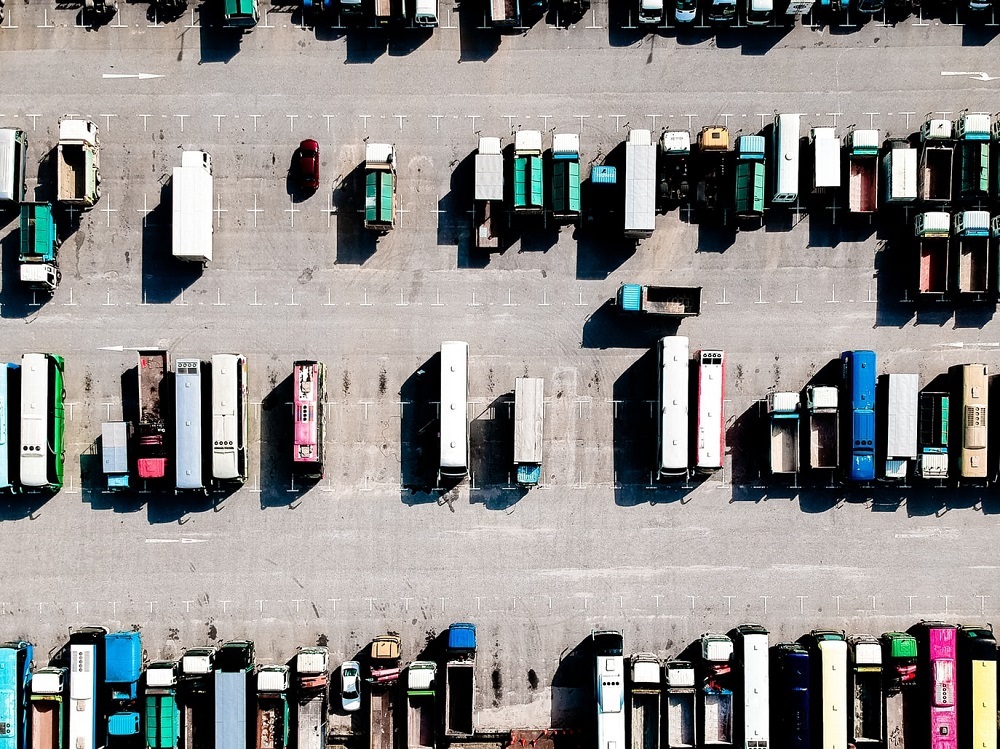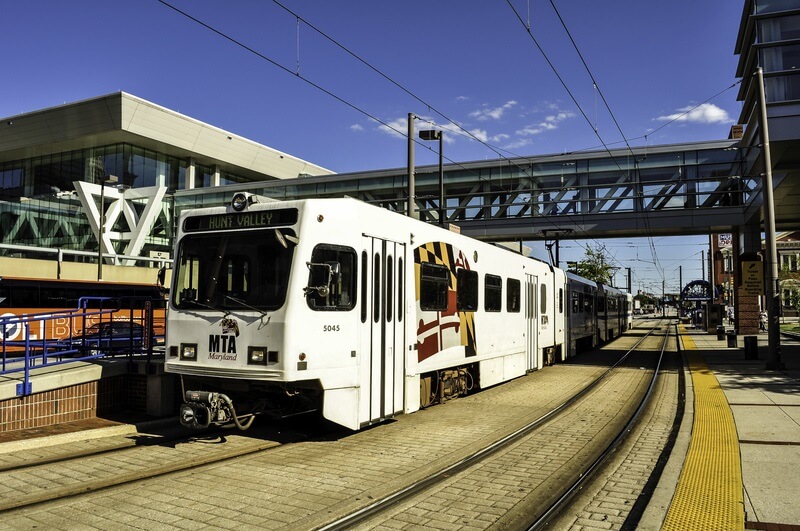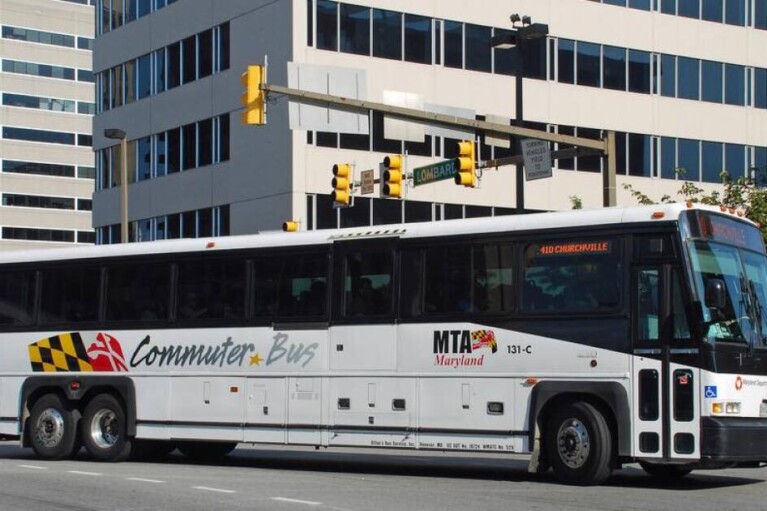Opinion: Environmental Justice in Md. Can Start With a Vote for Electric Trucks

By Sarahia Benn
The writer is an Aberdeen resident and advocate who lives near Perryman Peninsula. She is the executive director of the Policy Foundation of Maryland and the executive legislative director of Voices Maryland. She is also a member of the Maryland Legislative Coalition, which has more than 30,000 members advocating for equity-filled policies.
It’s 6 a.m. and Spesutia Road in Perryman Peninsula in Harford County is already clogged with rumbling big-rigs, tractor trailers, semis, 18-wheelers and delivery trucks. By 9 a.m. they haven’t slowed. By noon, the line of large vehicles rolling past is even longer.
Warehouse industrialization is responsible for this increased traffic near homes, local businesses and restaurants. All day, every day, this historic Black community is being pummeled by deadly diesel exhaust and soot.
It wasn’t always like this. In 2019, a new access point was added to the community making it appealing to developers.
Now, it’s a free-for-all, with five new warehouse projects proposed. The construction of new warehouses along with the traffic to existing ones make the small, two-lane road of Spesutia unsafe for pedestrians. People can’t even get in and out of their own driveways. The traffic backups leave these trucks idling, spewing smoke that settles into a thick, greasy, gray layer on front doors, windows, plants … and in our lungs. And it is killing us.
Chronic exposure to diesel soot results in increased deaths attributed to cardiovascular diseases, including heart attacks and strokes, and has been linked to other ailments such as lung cancer, reproductive and developmental harm, and even diabetes and dementia. It has long been established that living within just one third of a mile of a highway or close to ports, warehouse distribution centers or other freight corridors is devastating for lung health and can lead to early death.
In Maryland, Black residents are exposed to 12% higher diesel soot concentrations from on-road transportation than the average. Latinos experience concentrations 11% higher than the average. At the same time, white residents have an average exposure that is 8% lower than the state average.
That’s not by accident.
This disproportionate exposure to unhealthy air caused by polluting diesel trucks is one of the clearest examples of environmental racism in our state. Maryland has a long history of inequality and systemic marginalization — like redlining — that has directly harmed the health of low-income communities and communities of color. Now, with the rise of the delivery economy and increased globalization and industrialization, there is a new threat to our health — diesel truck traffic.
It is past time for our state leaders and legislators to step up for our community. If we can’t prevent or undo the building of these warehouses, and these trucks are here to stay — then we need to make them pollution-free. The best way to do that is for Maryland to pass the Zero- Emission Truck Act of 2022 (HB829/SB687).
This legislation directs the Maryland Department of Environment to adopt a standard that ensures manufacturers selling trucks in Maryland invest in, build and deliver pollution-free vehicles for purchase.
Marylanders across the state will benefit.
Baltimore City is exposed to the worst exhaust soot levels in the state, 37% higher than the state average. And Prince George’s County has an exposure rate that is 23% higher than the state average. These two counties alone are home to more than one quarter of the state’s population, which means that more than 1.5 million people are being exposed to this harmful pollution.
And recent data show that this standard would save over $1.6 billion in public health costs by avoiding hospital admissions and emergency room visits, premature deaths and cases of respiratory illnesses like asthma in Maryland.
There’s no question that electric truck technology is here to stay. It will be cheaper than new diesel trucks within just five years. Six states (California, Massachusetts, New York, New Jersey, Oregon and Washington) have already adopted the standard, creating a market shift that will increase investment opportunities and jobs — helping put people back to work.
Back on Spesutia Road, we have a right to breathe clean air. That’s why I’m asking our legislators to vote for the Zero-Emission Truck Act. It’s one essential step in the long road toward righting the long history of wrongs done to communities of color in Maryland.




 Creative Commons Attribution
Creative Commons Attribution